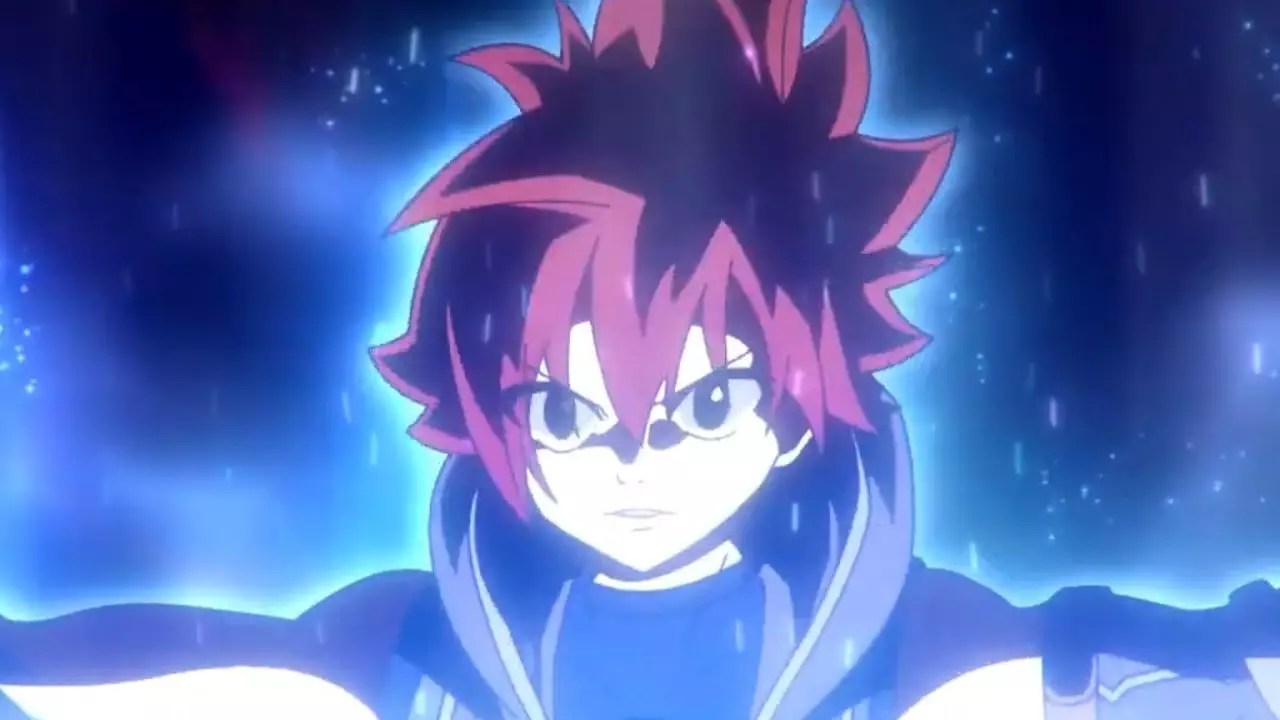The gaming landscape is perpetually shifting, with innovative concepts emerging to capture the interest of players. One of the most fascinating titles introduced in the June 2024 Nintendo Direct is Farmagia, an action RPG that daringly merges monster-catching mechanics with farming simulation. Drawing inspiration from popular franchises such as Rune Factory and Story of Seasons, Farmagia spins a fresh narrative where players cultivate not crops but creatures, prompting a closer look into this unique fusion of genres. This intriguing setup invites players to take on the role of magical tamers, known as Farmagia, who harness the powers of the monsters they nurture to tackle an array of challenges.
At the heart of Farmagia is Ten, the protagonist, who embarks on a journey filled with both friendship and conflict. Together with a group of companions, Ten must navigate a narrative steeped in war and magic, all while wrestling with personal trials relevant to each character. The storytelling is structured into twelve digestible chapters, each focusing on character development and plot progression. Though certain narrative elements may seem predictable, the connection forged between the characters adds a layer of relatability and depth to the storyline, showcasing the significance of friendship in overcoming adversity.
However, while character arcs provide engaging moments, the overarching plot occasionally falters under its formulaic structure. The game’s narrative blends whimsical fantasy elements—like the Law of Recurrence and Harvest Festival—with moments of levity that add charm but also sway the experience toward predictability. Players familiar with anime tropes may find comfort in this familiar territory, yet it remains to be seen how well it can transcend these conventions to offer a truly captivating story.
Hiro Mashima, renowned for his work on Fairy Tail and Edens Zero, brings a striking artistic flair to Farmagia that enhances its appeal. The character designs showcase distinct anime archetypes, allowing players to visualize each persona through vivid and animated expressions. Environments shift seamlessly between bright, static backdrops during dialogues and intricate 3D landscapes during gameplay. While the artistry shines during character interactions, some may contend that the level of detail in the 3D dungeons appears lackluster and repetitive, ultimately detracting from the overall engagement.
Unfortunately, the monster designs seem to fall short of expectations. Mashima’s talent for creating dynamic character styles doesn’t entirely translate to the creatures within Farmagia. Players might find their arsenal of monsters feeling monotonous, as visual variations mainly consist of color swaps and slight alterations rather than unique, varied designs. This lack of diversity could lead to a diminished sense of excitement during battles, as players encounter numerous creatures that feel more like duplicates than distinct beings.
Farmagia’s gameplay oscillates between farming and combat elements, attempting to strike a balance between these two seemingly disparate aspects. Players manage a farm where they grow and nurture their monsters, but there’s a catch: Stamina, the resource governing farm activities, can only be replenished through combat. This design choice influences pacing dramatically, as players may find themselves thrust into dungeons for extended periods before being permitted to return to farming activities. Despite this integration, both elements fail to coexist harmoniously; the farming mechanics can feel underwhelming and lifeless, and the forced rhythm can break immersion.
Engagement in combat reveals a simplified system where battles rely on timing and the relationships cultivated with Elemental Spirits. The tactical depth may leave seasoned RPG players wanting more, as combat offers basic mechanics and relies on a limited roster of twelve monsters. While the coordination of massive numbers of creatures can create visual spectacle, the gameplay largely sticks to basic parries and factional skills, lacking the intricate strategic layers found in more established RPG titles.
Despite its flaws, Farmagia manages to deliver an enchanting mix of lighthearted adventure and nostalgic charm, appealing to fans of both farming simulations and action RPGs. Developer attempts to wed these genres invoke both humorous dialogue and moments of heartwarming camaraderie — qualities reflective of beloved anime narratives. The visuals, while varied in their execution, also contribute significantly to the emotional landscape that Farmagia aims to cultivate.
Nevertheless, expectations vary widely among players, with action RPG veterans potentially feeling disillusioned by a lack of complexity in combat. For those who appreciate a more straightforward experience, Farmagia effectively fulfills the role of a bridge, allowing fans of farming simulations to dip their toes into action-oriented gameplay.
Farmagia showcases the potential for genre-blending in gaming, achieving success in its charming artistic presentation and engaging character-driven narrative. While it may miss the mark in some areas—particularly regarding the depth of farming and combat—the heart of the game lies in its ability to convey themes of friendship and perseverance. With room for growth in gameplay mechanics and monster diversity, Farmagia emerges as a delightful addition to the fantasy RPG genre, inviting players on a magical journey.


Leave a Reply